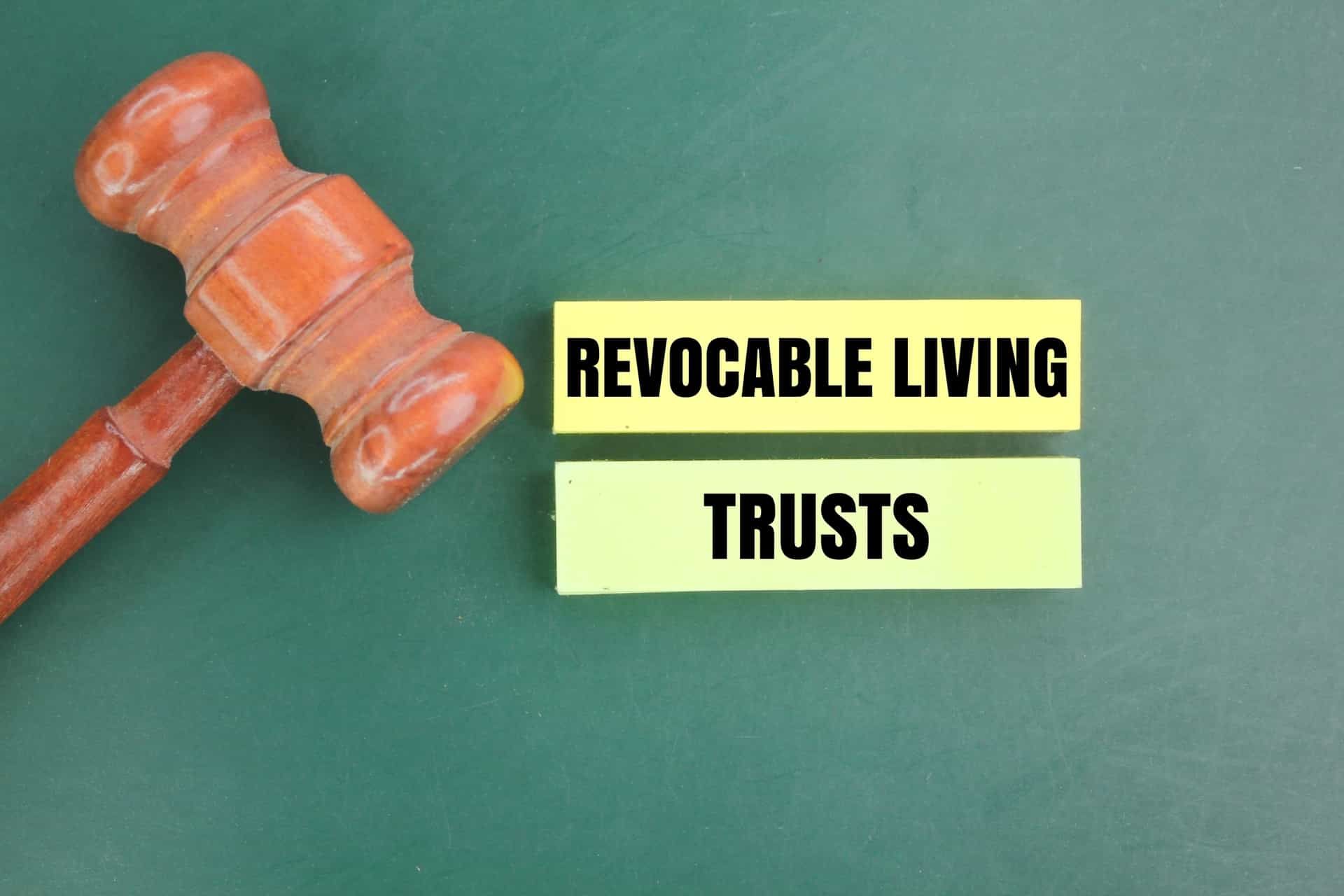What Is Estate Tax Planning – Understanding Tax Law Basics Guide
Estate tax planning is vital in managing finances for individuals with substantial assets. Having a grasp of estate tax laws can protect your wealth. Make sure your loved ones benefit from your legacy without facing unnecessary financial challenges. This guide covers the basics of estate tax planning to assist you in navigating the complexities of tax regulations and optimizing your estate for the future.
What Does Estate Tax Planning Entail?
Estate tax planning involves employing strategies to reduce taxes on your estate after you pass away. It entails organizing and managing assets to maximize the inheritance received by your heirs. Effective estate tax planning can lower your estate's tax burden, enabling more of your wealth to be passed down to those you care about.
The Significance of Estate Tax Planning
1. Decreasing Tax Obligations
An objective of
estate tax planning is to minimize the taxes owed by your estate. Without proper planning, a substantial portion of your assets could be taken by state taxes. By utilizing various tactics, you can diminish the value of your estate and ensure that a more significant portion of your wealth is preserved for future generations.
2. Facilitating Smooth Asset Transfer
Estate tax planning aids in ensuring that assets are smoothly transferred to beneficiaries. It involves organizing your financial affairs in such a way as to minimize conflicts and complexities and ensure your desires are executed smoothly.
3. Safeguarding Your Beneficiaries
Thoughtful preparation can shield your beneficiaries from strain triggered by estate taxes. By proper planning, you can provide for the financial security of your loved ones and prevent the need to sell off assets to pay taxes.
Essential Aspects of Estate Tax Planning
1. Grasping Federal Estate Tax
The federal estate tax is a tax on the transfer of your estate after death. As of 2023, the individual exemption for federal estate tax stands at $12.92 million. This implies that estates valued below this threshold are exempt from federal estate tax. Proper planning can double this exemption for couples.
2. State Estate and Inheritance Taxes
Alongside federal estate taxes, certain states levy their estate or inheritance taxes. It's crucial to comprehend the tax regulations in your state for estate planning purposes. For example, Florida does not enforce a state estate tax, making it an appealing choice for estate planning.
3. Strategies for Gifting
One method to diminish the worth of your estate is gifting.
The yearly gift tax exclusion enables you to give a maximum of $16,000 per recipient each year (as of 2023) without triggering gift taxes. Lifetime gifts can also help reduce the size of your estate, but they may be subject to the lifetime gift tax exemption.
4. Trusts
Trusts are tools in estate tax planning. By placing assets in a trust, you have control over how and when your assets are distributed; they are potentially lowering estate taxes. Some common types of trusts used in estate planning are living trusts, irrevocable life insurance trusts, and charitable remainder trusts.
5. Life Insurance
Life insurance plays a vital role in estate tax planning. The proceeds from life insurance policies can offer liquidity to cover estate taxes, ensuring that other assets do not have to be sold. Moreover, holding life insurance policies in a life insurance trust (ILIT) can keep the proceeds out of your estate.
Steps for Effective Estate Tax Planning
Step 1. Evaluate Your Estate
The initial step in estate tax planning involves assessing the value of your estate. This encompasses all your assets, like estate, investments, retirement accounts, life insurance, and personal belongings. Knowing the worth of your assets is crucial in assessing tax obligations and preparing accordingly.
Step 2: Seek Advice from a Professional
Estate tax planning can be complex, and consulting with an estate planning attorney or a financial advisor who specializes in this area is essential. They can help you understand the tax laws and develop a strategy tailored to your needs.
Step 3: Develop a Plan
With the help of a professional, develop an estate tax plan that includes various strategies to minimize taxes. It may involve setting up trusts, making gifts, purchasing life insurance, and other tactics to reduce the taxable value of your estate.
Step 4: Regularly Assess and Revise Your Plan
Estate tax laws and your situations can evolve with time. It's essential to assess and update your estate plan to maintain its effectiveness. Significant life events like marriage, divorce, the arrival of a child, or substantial changes in finances may require adjustments to your plan.
Common Approaches for Estate Tax Planning
1. Charitable Giving
Donating to charity is a popular estate tax planning strategy. Charitable donations can reduce the taxable value of your estate and provide you with a sense of fulfillment by supporting causes you care about. Charitable remainder trusts (CRTs) and charitable lead trusts (CLTs) are specific types of trusts that can help you achieve these goals.
2. Family Limited Partnerships (FLPs)
An FLP enables the transfer of assets to family members at a discounted rate, lowering your estate's value. It also allows you to maintain control over the assets while facilitating the passing on of wealth to your descendants.
3. Generation-Skipping Transfer (GST) Tax Planning
GST tax planning entails transferring assets to your grandchildren or beneficiaries two generations younger than you. This approach can minimize estate taxes by skipping a generation for taxation purposes. A distinct GST tax exemption is available for use with this strategy.
4. Qualified Personal Residence Trusts (QPRTs)
A QPRT permits the transfer of your residence to a trust while retaining the privilege of residing there for a designated period. This can lower the value of your estate. Offer a means to pass on your home to your heirs with reduced tax implications.
The Role of Estate Planning Attorneys
Estate planning attorneys are vital in guiding you through the intricacies of estate tax regulations. Our Attorneys at
Doane & Doane, palm beach county are knowledgeable and can help you with estate tax planning. They can advise, prepare paperwork, and ensure your estate plan is legally valid and efficient. Collaborating with us can bring you peace of mind by ensuring your estate will be managed according to your desires.
Conclusion
In summary, estate tax planning is essential in safeguarding your assets and facilitating the transfer of wealth to your beneficiaries. By grasping the essentials of estate tax regulations and utilizing tactics, you can reduce the tax impact on your estate while securing the future of your loved ones. Seeking guidance from a proficient estate planning attorney is crucial in crafting a personalized estate tax strategy that meets your requirements.
Disclaimer: The information on this website and blog is for general informational purposes only and is not professional advice. We make no guarantees of accuracy or completeness. We disclaim all liability for errors, omissions, or reliance on this content. Always consult a qualified professional for specific guidance.
RECENT POSTS






